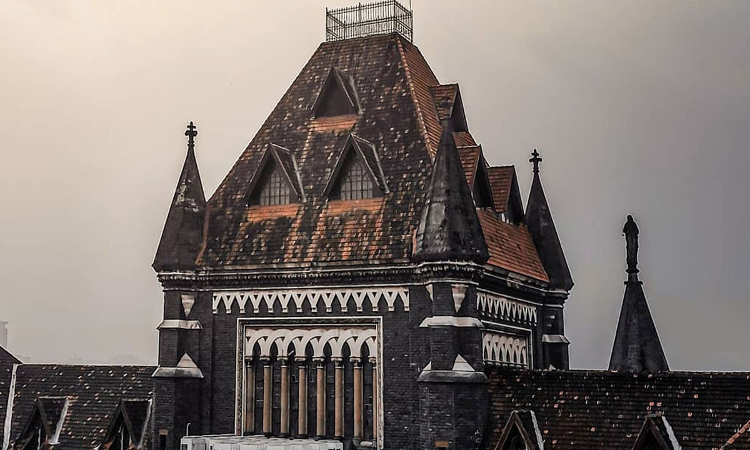The Bombay High Court has observed that Section 134(2) of the Trademarks Act, 1999 does not bar a plaintiff from seeking leave of the Court to combine the cause of action of 'passing off' with the suit of infringement under Clause XIV of the Letters Patent.BackgroundBajaj Electricals Limited (petitioner) sought leave of the Court under Clause XIV of the Letters Patent Act to combine the cause...

